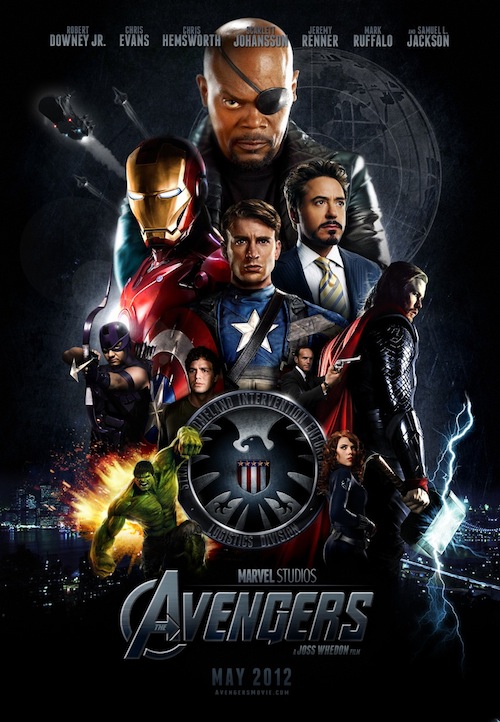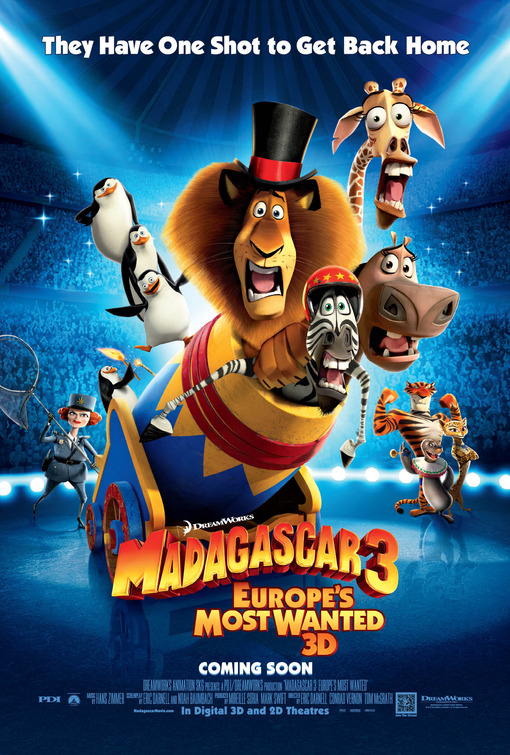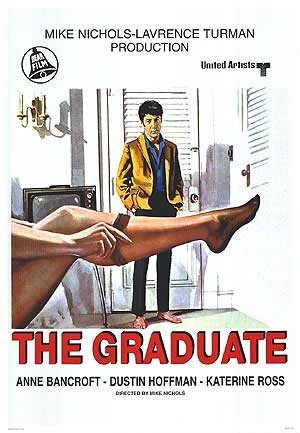 Well, the summer is almost over and we're in one of the North American film market's dump months. With that, a few thoughts about some of the better films this season would seem in order, which I'll be doing over multiple posts.
Well, the summer is almost over and we're in one of the North American film market's dump months. With that, a few thoughts about some of the better films this season would seem in order, which I'll be doing over multiple posts.With Rainbow Cinema having a fun Movie Bingo incentive program and growing to treasure talking to the evening staff of the Hyland Cinema, I think I've been seeing more films this summer than usual and enjoying myself with something of a relatively reasonable price to escape to for about two hours from my worries.
In the interest of disclosure, I am one of those weirdos in some eyes whose first resource for films I want to see is Rotten Tomatoes with all the anticipatory drama seeing where a film's critical approval score is going to land. Mind you, I don't always let it be the final word for all films, but I would typically rather have critics determine most of what I see than advertisers.
The summer movie season got off to a great start with The Avengers. This is the most finely crafted superhero film I have ever seen, easily topping even the first Christopher Reeve Superman film. Director Joss Whedon managed to put together all the fruits of the Marvel Cinematic Universe's previous films into a delicious artistic salad that perfectly balances all the superheroes' presence well. To have that arrangement in a exciting story that feels so true to the best of superhero comics with all its wonder, wildness and sheer scale is a testament to what a great artist who loves the comics can do . While I was drawn most to Chris Evans as Captain America with his heroism of a good man out of his time, Mark Ruffalo deserves all the kudos he's gotten for getting Dr. Bruce Banner/The Hulk down perfectly in live action film for the first time.
While the paucity of female and non-white characters in the cast is a legitimate concern, that is the price of keeping to the source material and an opportunity to redress by perhaps adding new Avengers in later films like Carol Danvers aka "Captain Marvel", Banner's cousin, Jennifer Walters aka She-Hulk and Monica Rambeau aka Pulsar. In other words, this should be an opportunity to let a sequel serve in the best way: to address the original film's problems and improve the series artistically.
 Another film I immensely enjoyed was DreamWorks Animation's Madagascar 3: Europe's Most Wanted. I have been lukewarm about this franchise of DA's, but this film overcomes a relatively standard comic action first act to create a moving story about home and how the search for it can change you like you'd never expect. Furthermore, this film takes the sequel and uses it in the best way possible, taking the conventions of the series and thwarting them in a meaningful way, such as the circus act the characters develop and what happens when the Zoosters finally make it back to the Central Park Zoo. Finally, as much I look forward to not having to pay a premium for 3D presentation with Rainbow converting to digital projection, DA's films will be only the regret I will have with them making the gimmick serve a real artistic purpose. The main act of the circus in London proves that point brilliantly with a unspectacular show that will leave you awestruck, not just for the visual, but in how you're rooting for the animals to hope against all hope, and find that their efforts are paying off. For myself, I had never heard of Katy Perry before, but the film's use of Firework alone in the London circus show is enough to get me interested.
Another film I immensely enjoyed was DreamWorks Animation's Madagascar 3: Europe's Most Wanted. I have been lukewarm about this franchise of DA's, but this film overcomes a relatively standard comic action first act to create a moving story about home and how the search for it can change you like you'd never expect. Furthermore, this film takes the sequel and uses it in the best way possible, taking the conventions of the series and thwarting them in a meaningful way, such as the circus act the characters develop and what happens when the Zoosters finally make it back to the Central Park Zoo. Finally, as much I look forward to not having to pay a premium for 3D presentation with Rainbow converting to digital projection, DA's films will be only the regret I will have with them making the gimmick serve a real artistic purpose. The main act of the circus in London proves that point brilliantly with a unspectacular show that will leave you awestruck, not just for the visual, but in how you're rooting for the animals to hope against all hope, and find that their efforts are paying off. For myself, I had never heard of Katy Perry before, but the film's use of Firework alone in the London circus show is enough to get me interested.  As for comedy, I've always had the least luck with this genre. The exception include, Ted, an intriguing fantasy comedy about a raunchy living teddy and his relationship with the man who wished him alive as a boy. This film is a wildly audacious comedy that plays with a logical story question that has never been really addressed in an adult oriented film, "What if childhood magic continued into adulthood?" Even better, the characters here largely act like believable people under the circumstances, unlike in The Campaign, where what political satire there is nearly buried by Will Farrel's usual doofusness. That gives the story a vital believability that gives the weight as an intelligent fantasy exploring all the implications. The idea of a living magic teddy bear becoming a celebrity alone is a joy to watch, especially when you see the young toy match barbs with Johnny Carson on The Tonight Show.
As for comedy, I've always had the least luck with this genre. The exception include, Ted, an intriguing fantasy comedy about a raunchy living teddy and his relationship with the man who wished him alive as a boy. This film is a wildly audacious comedy that plays with a logical story question that has never been really addressed in an adult oriented film, "What if childhood magic continued into adulthood?" Even better, the characters here largely act like believable people under the circumstances, unlike in The Campaign, where what political satire there is nearly buried by Will Farrel's usual doofusness. That gives the story a vital believability that gives the weight as an intelligent fantasy exploring all the implications. The idea of a living magic teddy bear becoming a celebrity alone is a joy to watch, especially when you see the young toy match barbs with Johnny Carson on The Tonight Show.Truly, this film deserves its success as biggest comedy of the summer even while I hope they don't sequelize it; it told the story with all the logic they can use with it and the studio should stand on their hand and let director Seth MacFarlane work on new ideas.
For all this, I have seen films that were a mixed bag to say the least. This summer, one of the most obvious is Battleship, based on the classic naval guessing game. I imagined this kind of source material would allow for much story potential and I unfortunately was proven right. This film has a terrible opening with an unlikable jerk of a lead character who seems able to get into serious trouble and can still become a US Naval officer. Compared to that ridiculous idea, the alien invasion plot is feels almost logical, but that turns out only feel terribly mundane, like a soggier version of Independence Day. Only the idea that the aliens lost their main communications equipment and have to improvise with some Terran radio telescopes feels any close to creative here even as the trapped sailors fight with a homage to the game. Only in the final third of the story, when the the sailors have to resort to the retired USS Missouri and its veteran crew does the film truly come to life with some moving moments and wild action while the sidestory of the hero's girlfriend and her double leg amputee Marine patient finally justifies its presence. However, this just creates a film best left for rental on DVD where you can get to the chapters worth your time and that's not what a truly watchable film is supposed to be.
That's the films that got me the early months, I'll be touching on the films in the later summer months next time...






